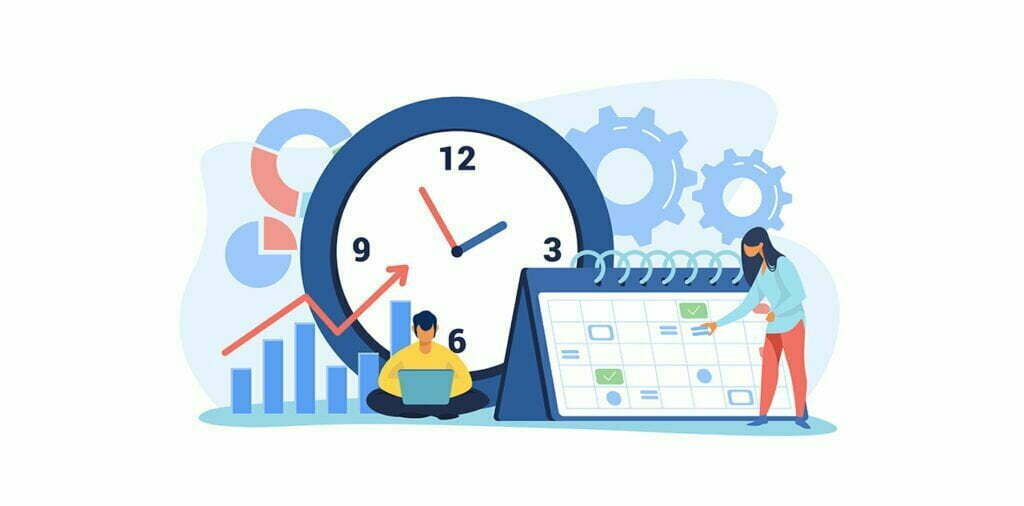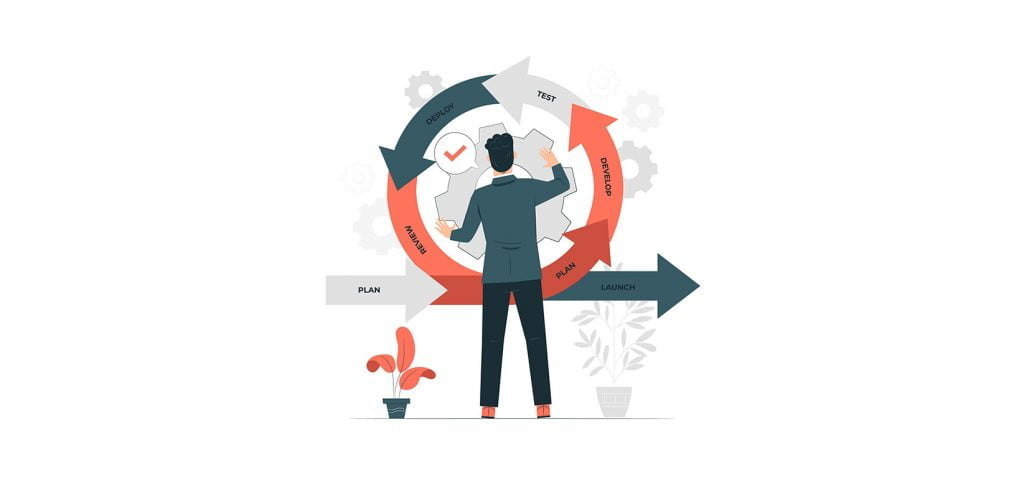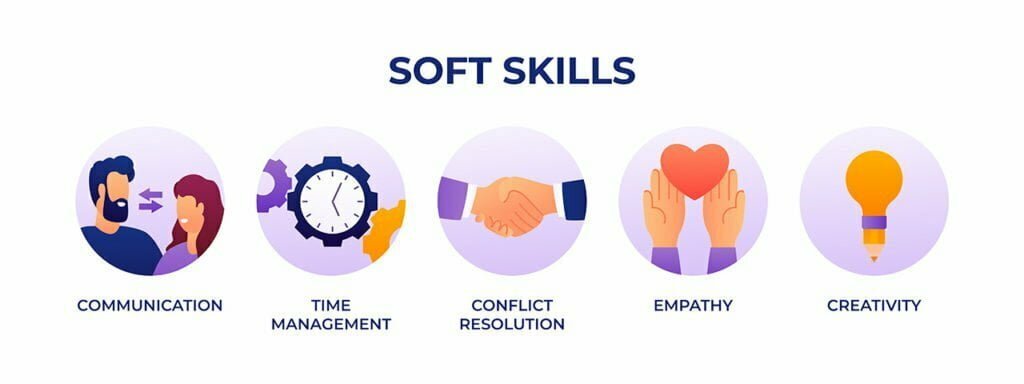How to Effectively Manage Your Time

In today's world, the IT industry is one of the most dynamic and rapidly evolving sectors. IT professionals constantly face a large number of tasks and projects that require quick solutions. In such conditions, efficient time management becomes extremely important.
The goal of this article is to examine the main reasons for inefficient time usage, provide advice on time management, present practical examples, and discuss methods of measuring and evaluating the quality of time management.
Time management is the process of planning, organizing, and controlling the use of one's time to achieve maximum productivity and efficiency in work or life. It includes various methods, techniques, and tools that help manage time more productively, set priorities, define tasks, create action plans, and more. Time management can be applied in various areas of life, including work, education, household chores, and personal time. The goal of time management is to make the most efficient use of time to achieve greater success in work and life overall.
Problem Analysis
Main Reasons for Inefficient Time Usage
There are several reasons why IT professionals spend their time inefficiently:
- Inability to set priorities: employees may spend time on tasks that are not important for the company or their projects.
- Lack of action plan: people often lack a clear plan of action for the day, week, or month, which can lead to a lack of focus and time planning.
- Multitasking: professionals may attempt to perform multiple tasks simultaneously, which can also lead to a lack of focus and reduced productivity.
- Lack of discipline: IT specialists often lose time to various distractions such as social media, messengers, emails, and other means of communication.
Consequences of Inefficient Time Management
Inefficient time management can have serious consequences for employees and the companies they work for:
- Decreased productivity: employees fail to complete all tasks, which can result in decreased productivity and falling behind schedule.
- Increased stress: people may experience constant pressure and stress, which can have a negative impact on their health and emotional well-being.
- Missed opportunities: professionals miss important opportunities and projects, which can lead to loss of income for the company and insufficient professional growth.
Tips for Effective Time Management
To effectively manage your time, it is beneficial to utilize some useful tips and techniques:
1. Use of Technology and Tools
There are numerous technologies and tools that assist people in managing their time more efficiently. Here are some examples:
- Task management applications such as Trello, Asana, and Todoist, which help set priorities and track task completion.
- Timers and time management techniques like the Pomodoro method, which aids in time management and improves focus. It involves working for 25 minutes, followed by a 5-minute break.
- Distracting website blocking tools like Freedom and Cold Turkey, which help avoid distractions during work.
2. Create and Follow an Action Plan
To effectively manage time in the IT industry, it is important to create an action plan for the day, week, or month and adhere to it. The plan should include all the tasks that need to be completed, along with assigned priorities for each task.
3. Task Prioritization
Setting priorities for tasks is a key element of time management. You should determine which tasks are important and urgent, and which can be deferred to a later time. Prioritizing tasks enables employees to use their time more productively and achieve maximum results in their work.
4. Delegation of Tasks to Team Members
If you have colleagues or team members who can take on certain tasks, it can help free up time to focus on more important tasks.
How to Measure and Evaluate Effectiveness?
Effective time management should not only be theoretically sound but also practically prove its effectiveness. To do this, you need to learn how to measure and evaluate your productivity.
1. Use Time Management Tools
To begin with, you can utilize various tools such as time-tracking applications, timers, and journals. They can help establish the actual time spent on task completion.
2. Set Specific Goals and Metrics
For example, you can set a goal to reduce the amount of time spent on checking emails or increase the number of tasks you can complete within a specific period.
3. Assess Productivity
Assessing productivity is another important tool for evaluating the effectiveness of time management. You can evaluate your productivity based on the number of tasks you are able to complete in a day, week, or month.
4. Continuous Improvement
It is important not to settle for what has already been achieved. You should continuously adjust your time management methods to achieve better results. One way to improve is by analyzing your productivity and regularly updating your goals and metrics.
Results of Effective Time Management
Developing time management skills in the IT industry leads to numerous positive outcomes, including:
- Increased productivity and success in work.
- Reduced stress and improved emotional well-being.
- More efficient use of time and a decrease in the number of postponed tasks.
Limitations and Challenges
While time management is highly beneficial, there are some limitations and challenges that can affect its effectiveness:
- Need for adaptation to a changing environment: The IT industry is constantly evolving, so professionals must be prepared to quickly adapt their plans and tasks.
- Lack of time for learning and development: Busy employees may spend all their time on task execution, which can lead to insufficient learning and professional development.
- Difficulty managing a large number of tasks: IT professionals may have so many tasks that managing them becomes challenging even with the use of time management techniques.
Conclusion
The importance of time management in the IT industry cannot be underestimated. To be successful in your work, you need to leverage modern technologies and tools, create action plans, set task priorities, delegate tasks, and utilize methods to improve focus and work efficiency.
In the future, we can expect the emergence of new tools and technologies that will assist IT professionals in managing their time more effectively.






Responses